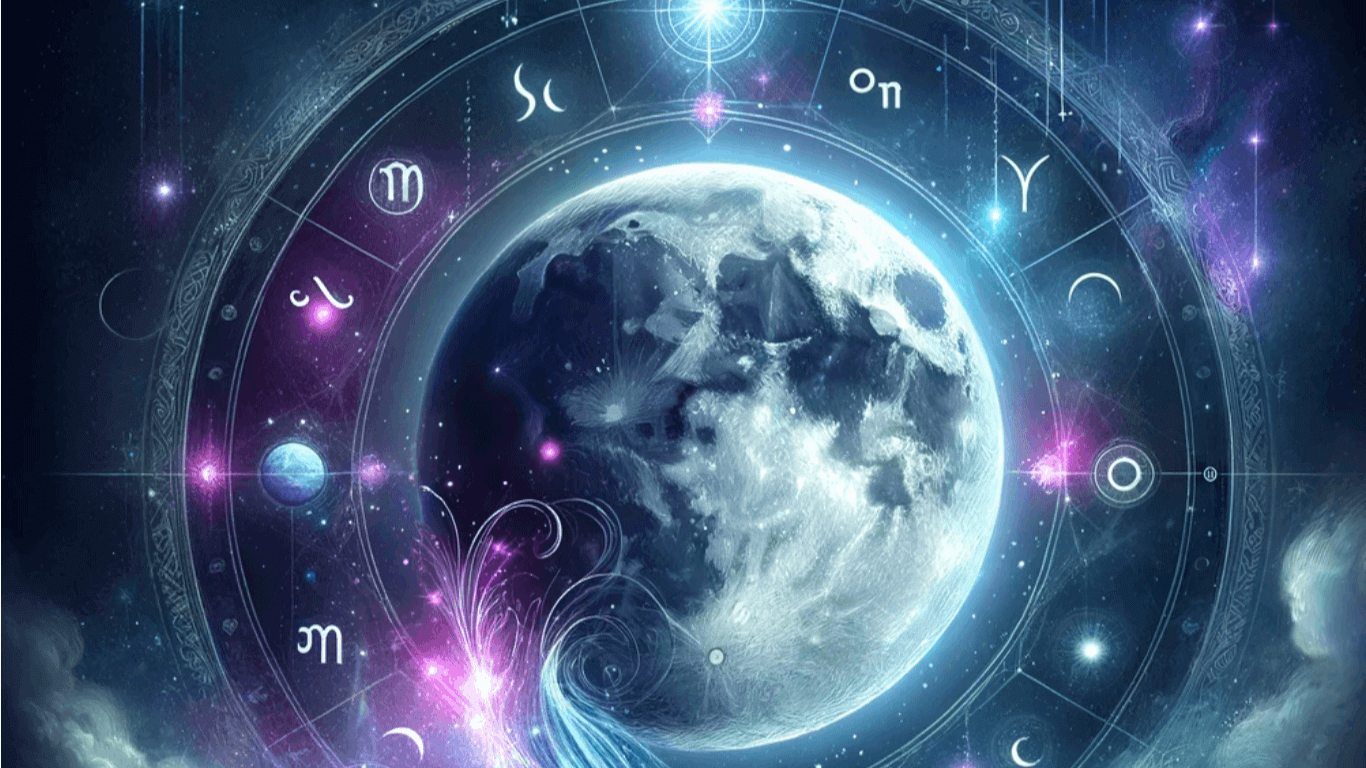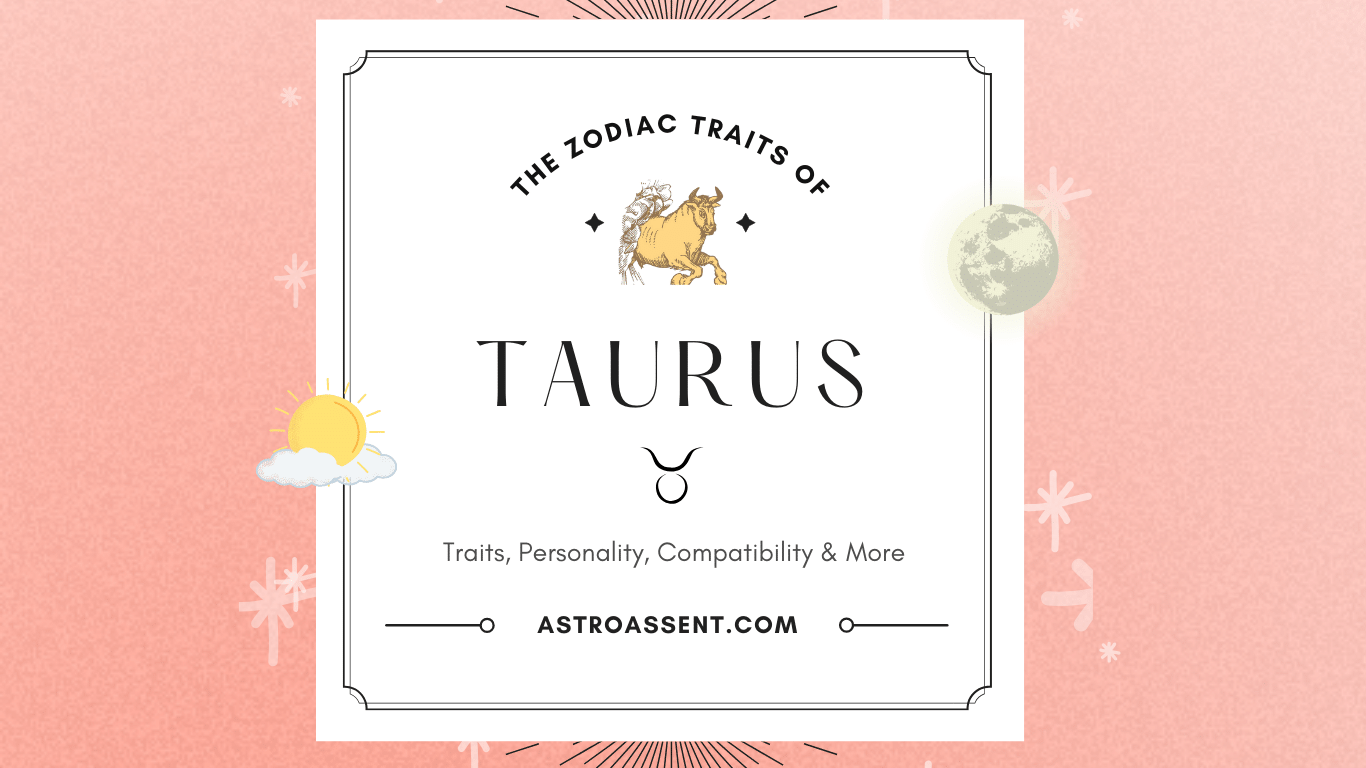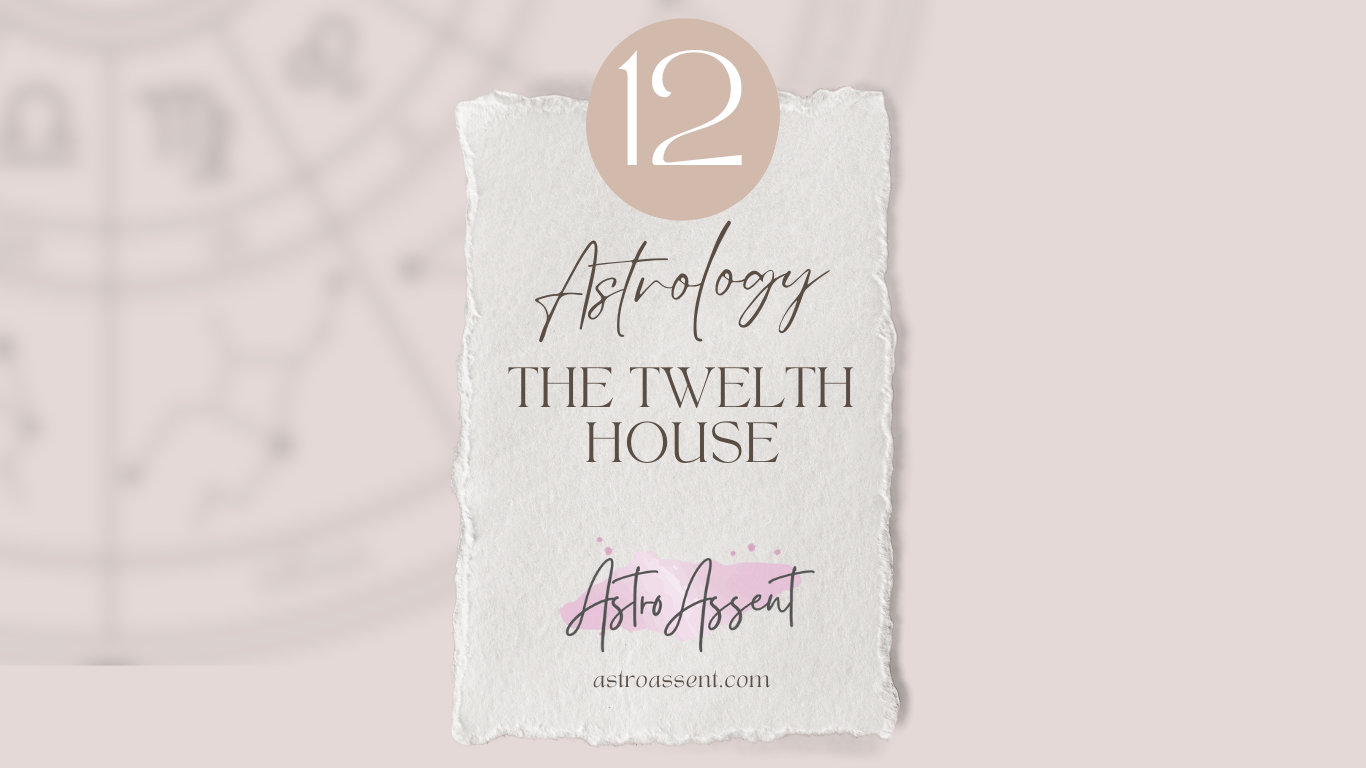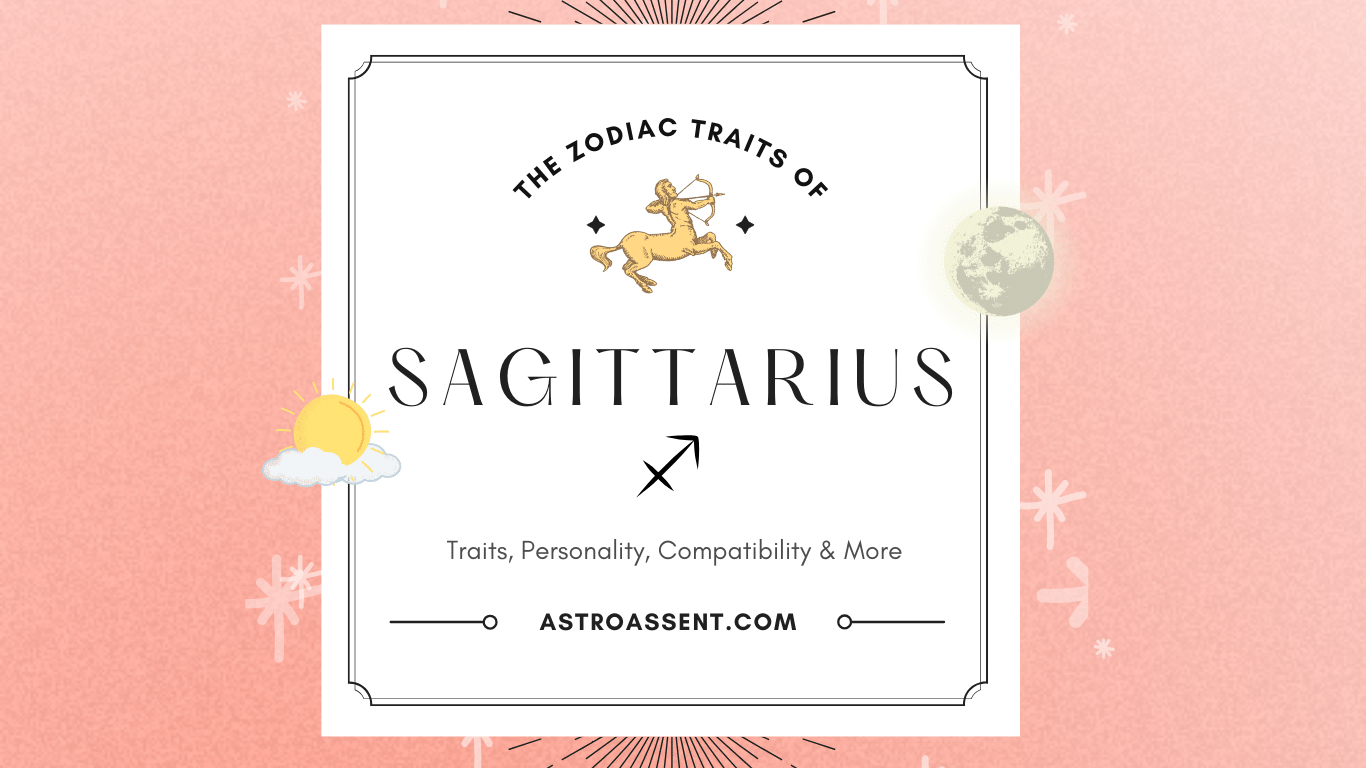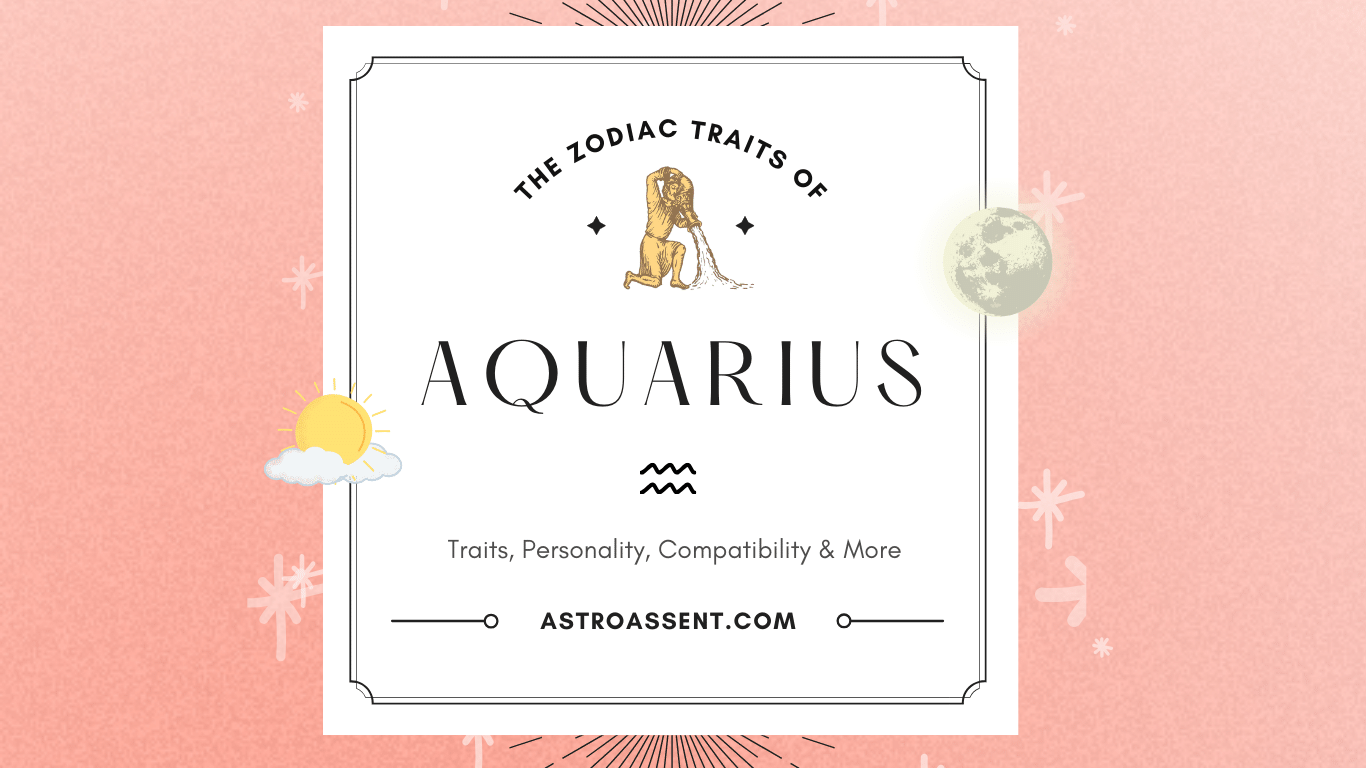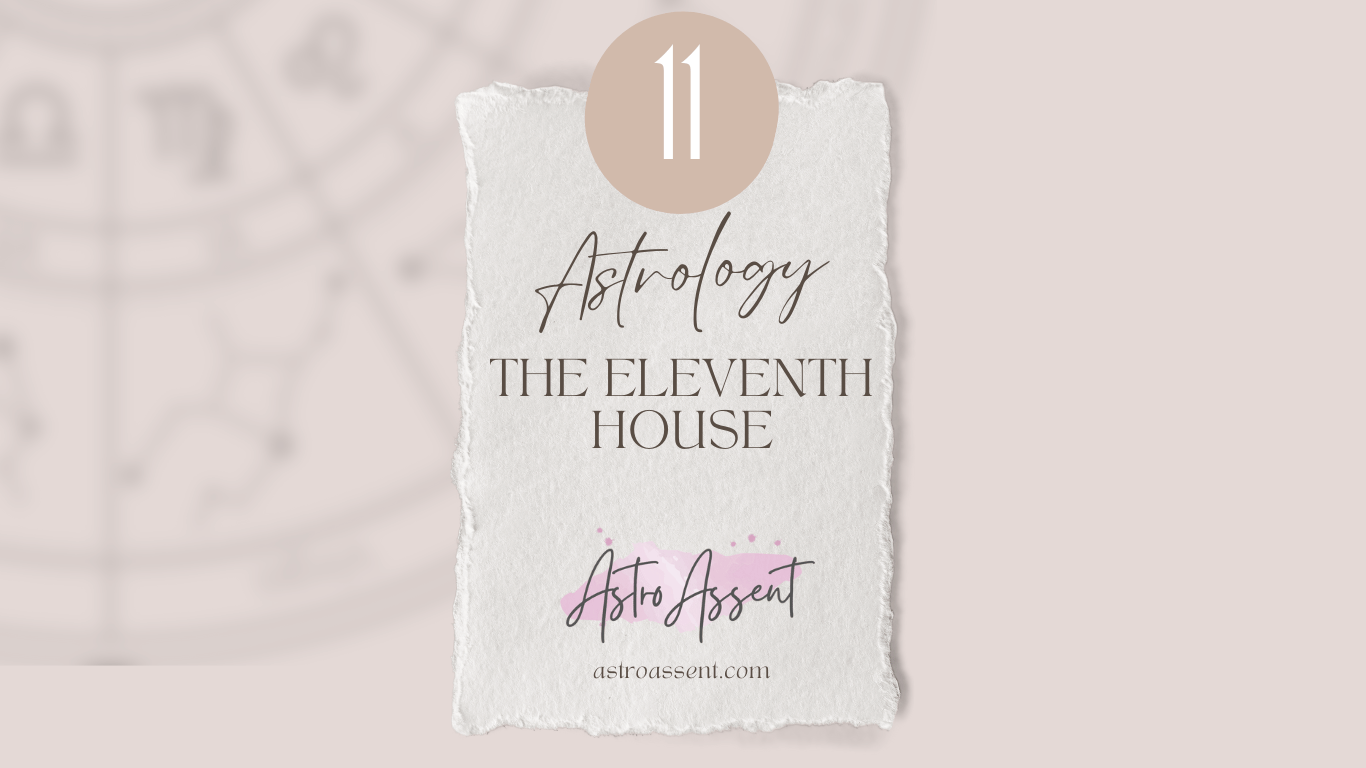Introduction
In astrology, the Moon is one of the most influential celestial bodies, playing a crucial role in shaping our emotional world, instincts, and subconscious mind. Often referred to as the ruler of emotions, the Moon’s placement in the birth chart can reveal much about a person’s inner self, emotional needs, and how they react to life’s experiences. We’ll explore the multifaceted role of the Moon in astrology, its significance, and its impact on different aspects of our lives.
The Moon’s Significance in Astrology
The Moon is the fastest-moving celestial body in the astrological chart, changing signs approximately every 2.5 days. It represents our instinctual reactions, emotions, and the unconscious mind. Unlike the Sun, which symbolizes our conscious self and ego, the Moon governs our feelings, habits, and memories. It is often associated with the feminine, maternal energy, and intuition.
In astrology, the Moon’s influence is profound because it reflects how we nurture ourselves and others, how we seek comfort and security, and how we respond to emotional stimuli. It is a key factor in understanding our emotional needs and how we can achieve inner harmony.
The Moon in the Birth Chart
In the birth chart, the Moon’s position by sign, house, and aspect reveals how we experience and express our emotions. Here are some key points to consider:
- Moon Sign: The sign in which the Moon is located indicates the emotional style and fundamental emotional needs of a person. For example, a Moon in Aries might express emotions impulsively and assertively, while a Moon in Pisces might be more sensitive and compassionate.
- Moon House: The house placement of the Moon shows the areas of life where we are most emotionally involved. For example, the Moon in the 4th house might indicate a strong connection to home and family, while the Moon in the 10th house could show an emotional investment in career and public life.
- Moon Aspects: Aspects to the Moon from other planets reveal how our emotions interact with other aspects of our personality. A harmonious aspect (like a trine or sextile) can indicate ease and flow in emotional expression, while challenging aspects (like squares or oppositions) might indicate emotional conflicts or challenges.
Phases of the Moon
The Moon’s phases—New Moon, Waxing Crescent, First Quarter, Waxing Gibbous, Full Moon, Waning Gibbous, Last Quarter, and Waning Crescent—play a significant role in astrology. Each phase has its own unique energy and influence:
- New Moon: A time for new beginnings, setting intentions, and planting seeds for future growth.
- Waxing Crescent: A period for taking initial steps and actions towards goals.
- First Quarter: A time for overcoming obstacles and making decisions.
- Waxing Gibbous: A period of refinement and preparation for fruition.
- Full Moon: A time of culmination, clarity, and heightened emotions.
- Waning Gibbous: A period for sharing and distributing what has been learned or achieved.
- Last Quarter: A time for reflection, reevaluation, and letting go.
- Waning Crescent: A period for rest, retreat, and preparation for the next cycle.
Understanding these phases can help us align our actions and intentions with the natural rhythms of the Moon, enhancing our personal growth and emotional well-being.
The Moon in Different Zodiac Signs
The Moon’s influence varies significantly depending on the zodiac sign it occupies. Here is a brief overview of the Moon’s expression in each sign:
- Aries: Emotional impulsiveness, independence, and a need for excitement.
- Taurus: Emotional stability, a love for comfort, and a need for security.
- Gemini: Emotional adaptability, curiosity, and a need for communication.
- Cancer: Deep emotional sensitivity, nurturing instincts, and a strong connection to home and family.
- Leo: Warmth, generosity, and a need for recognition and admiration.
- Virgo: Practicality, attentiveness to detail, and a need for order and routine.
- Libra: Harmony-seeking, sociability, and a need for balance in relationships.
- Scorpio: Intensity, emotional depth, and a need for transformation and privacy.
- Sagittarius: Optimism, adventurousness, and a need for freedom and exploration.
- Capricorn: Emotional resilience, responsibility, and a need for achievement and structure.
- Aquarius: Detachment, innovation, and a need for intellectual stimulation and social connections.
- Pisces: Empathy, imagination, and a need for spiritual connection and compassion.
The Moon’s Influence on Emotions and Behavior
The Moon’s role in astrology extends beyond the birth chart to its daily transits and interactions with other planets. These transits can trigger emotional responses and influence our behavior on a day-to-day basis. For instance, when the Moon transits over a natal planet, it can amplify the qualities of that planet and bring emotional issues to the forefront.
Additionally, the Moon’s position in the sky affects collective moods and behaviors. For example, during a Full Moon, people may experience heightened emotions, increased sensitivity, and more vivid dreams. Understanding the Moon’s transits can help us navigate our emotional landscape more effectively and make informed decisions.
Conclusion
The Moon’s role in astrology is multifaceted and deeply influential. By understanding the Moon’s placement in our birth chart, its phases, and its transits, we can gain valuable insights into our emotional world, instincts, and subconscious mind. The Moon’s guidance helps us nurture our inner selves, achieve emotional balance, and align our lives with the natural rhythms of the cosmos. Embracing the wisdom of the Moon allows us to live more intuitively and harmoniously, enhancing our overall well-being.
